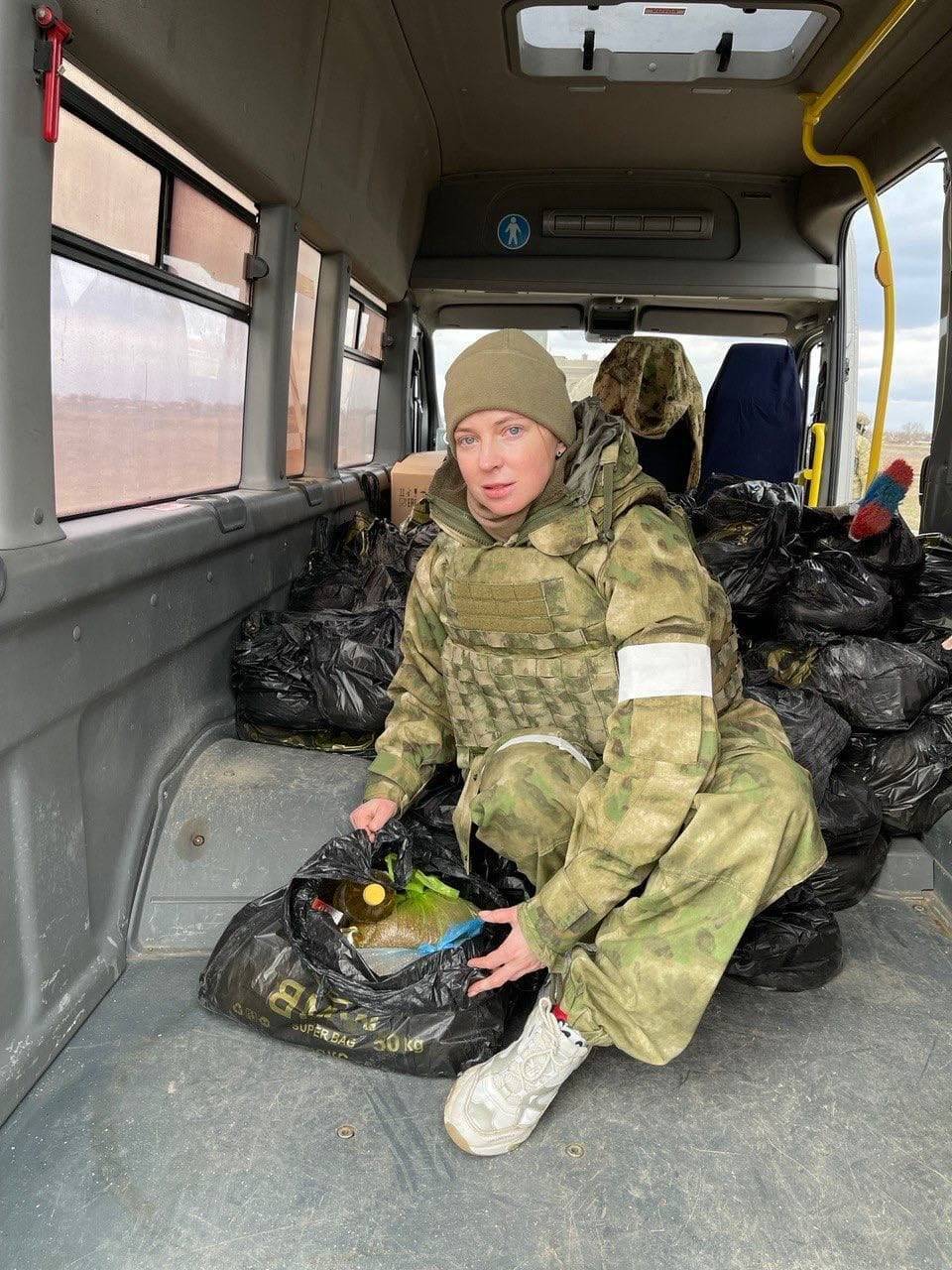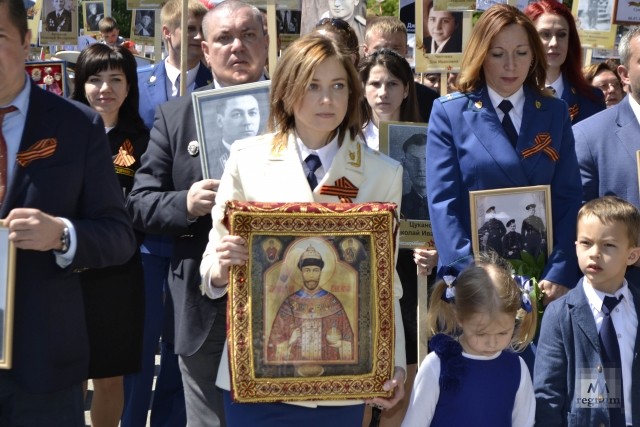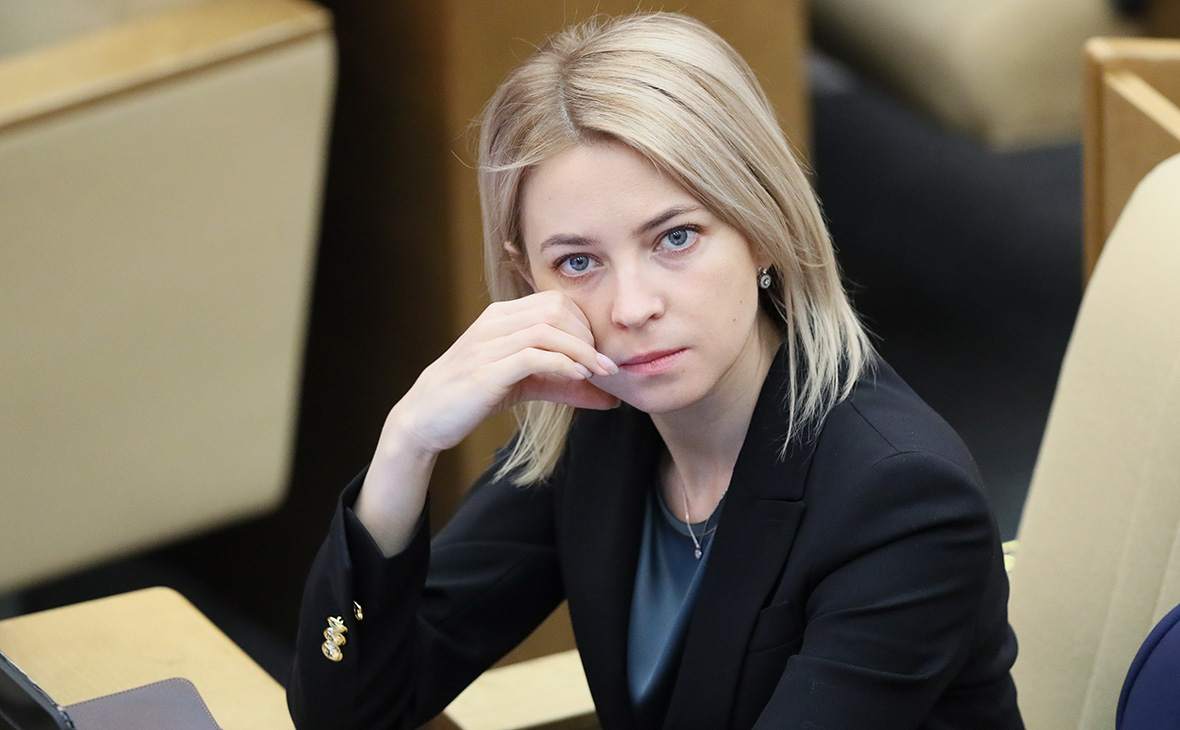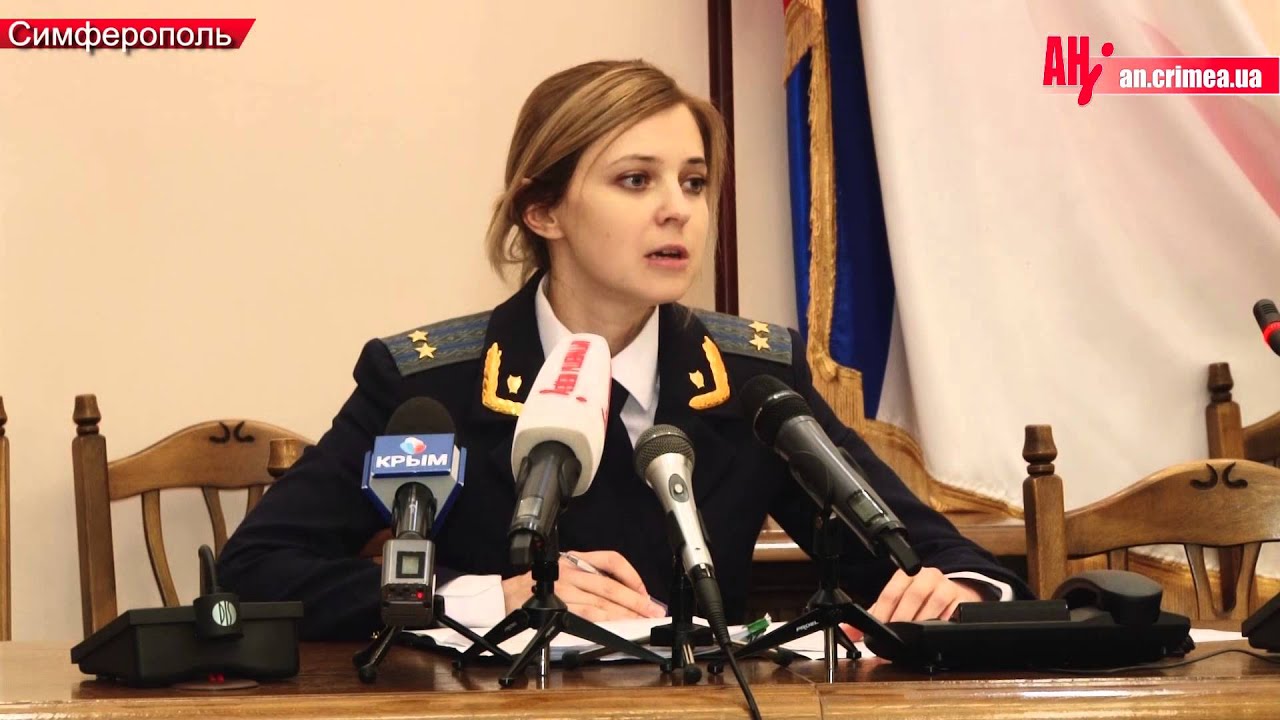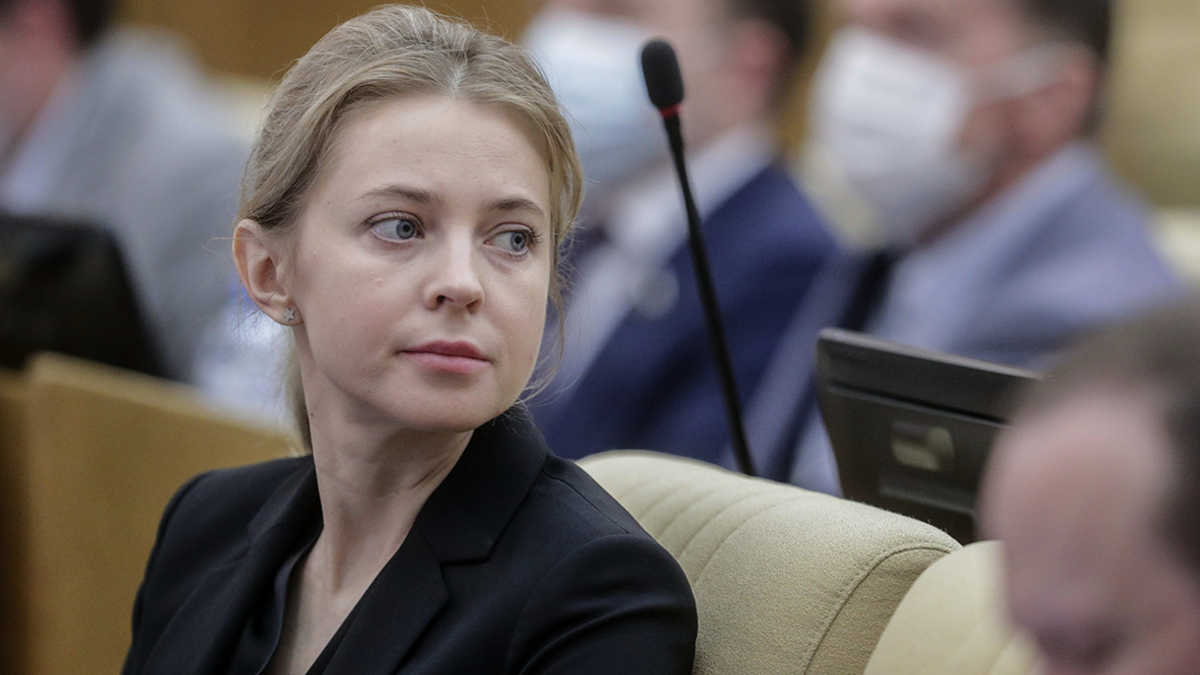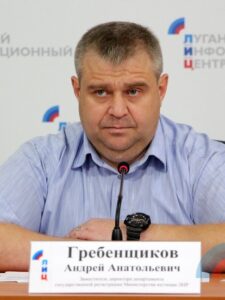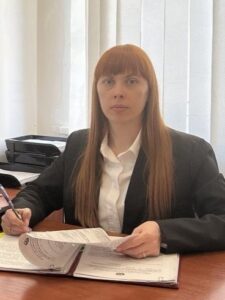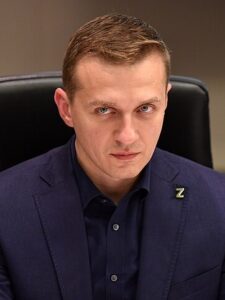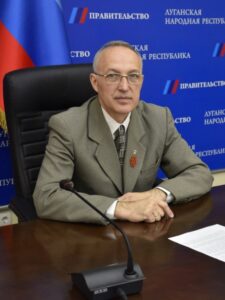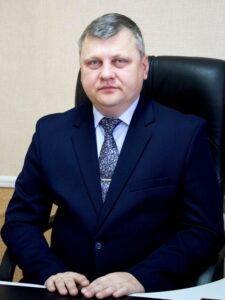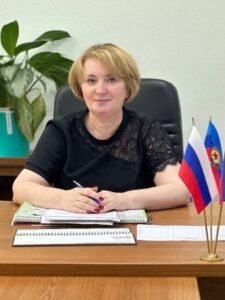Poklonskaya Natalia Vladimirovna
Poklonskaya Natalia Vladimirovna
Bio
Born on March 18, 1980, in the village of Mikhailovka, Luhansk region. In 1987, she moved to Yevpatoria, Crimea.
Former so-called “prosecutor” of the Russian-annexed Autonomous Republic of Crimea. She conducted fabricated cases against Euromaidan participants captured by Russian security forces and actively oppressed Crimean Tatars. She repeatedly visited territories occupied by the Russian army. In 2014, she was declared wanted by the Security Service of Ukraine (SBU) and the Ministry of Internal Affairs of Ukraine under part 1 of article 109 of the Criminal Code of Ukraine – “actions aimed at forcibly changing or overthrowing the constitutional order or seizing state power, as well as conspiracy to commit such actions.”
In 2002, she graduated from the branch of Kharkiv National University of Internal Affairs in Yevpatoria and began working in the prosecutor’s office of Ukraine, holding various positions, including leadership roles.
On February 25, 2014, during the events of Euromaidan, she submitted a resignation letter, stating that she was “ashamed to live in a country where neo-fascists freely walk the streets and dictate their terms to the new government.” The letter was not signed, and Poklonskaya was sent on leave, during which she met with Sergey Aksyonov on March 8, 2014, and offered her services. On the advice of Oleg Belaventsev, Aksyonov offered her a position in the “prosecutor’s office” of the annexed Crimea. After Alexander Shtekhbart refused the position of prosecutor of Crimea, Poklonskaya took the post herself, which the Ukrainian authorities deemed illegal. On the occasion of her appointment, Poklonskaya gave a press interview, stating that an illegal change of power and a state coup had occurred in Ukraine.
On April 11, 2014, she received a prosecutor’s certificate from the hands of the Prosecutor General of Russia, Yuri Chaika. On May 2, 2014, Putin signed a decree appointing Poklonskaya as the prosecutor of the Republic of Crimea.
In her activities, Poklonskaya investigated a fabricated case of causing grievous bodily harm to officers of the Crimean “Berkut,” which led to the sentencing of Euromaidan activist Oleksandr Kostenko to 4 years and 2 months in a general regime colony. On May 4, 2014, she issued a warning to the head of the Mejlis of the Crimean Tatar people, Refat Chubarov, about the inadmissibility of extremist activities. Later, on her initiative, the Mejlis was recognized as an extremist organization and banned by the decision of the “Supreme Court of the Republic of Crimea.”
On September 26, 2016, Poklonskaya became a deputy of the State Duma of the Russian Federation, campaigning in Crimea for “United Russia” during the election campaign. In 2018, she visited occupied territories of Donetsk and Luhansk regions at the funeral of Alexander Zakharchenko, calling him a national hero, and during subsequent visits, received a medal from the leaders of the so-called “DNR.”
In late summer 2021, due to criticism of her superiors, she was deprived of her deputy mandate and appointed by Putin as ambassador to Cape Verde, but she soon refused the position. On February 2, 2022, Putin appointed her as deputy head of Rossotrudnichestvo, and on June 14, 2022, Poklonskaya became an adviser to the Prosecutor General of the Russian Federation, after visiting the part of the Kherson region occupied by Russian troops, allegedly to provide humanitarian aid to the local population.


